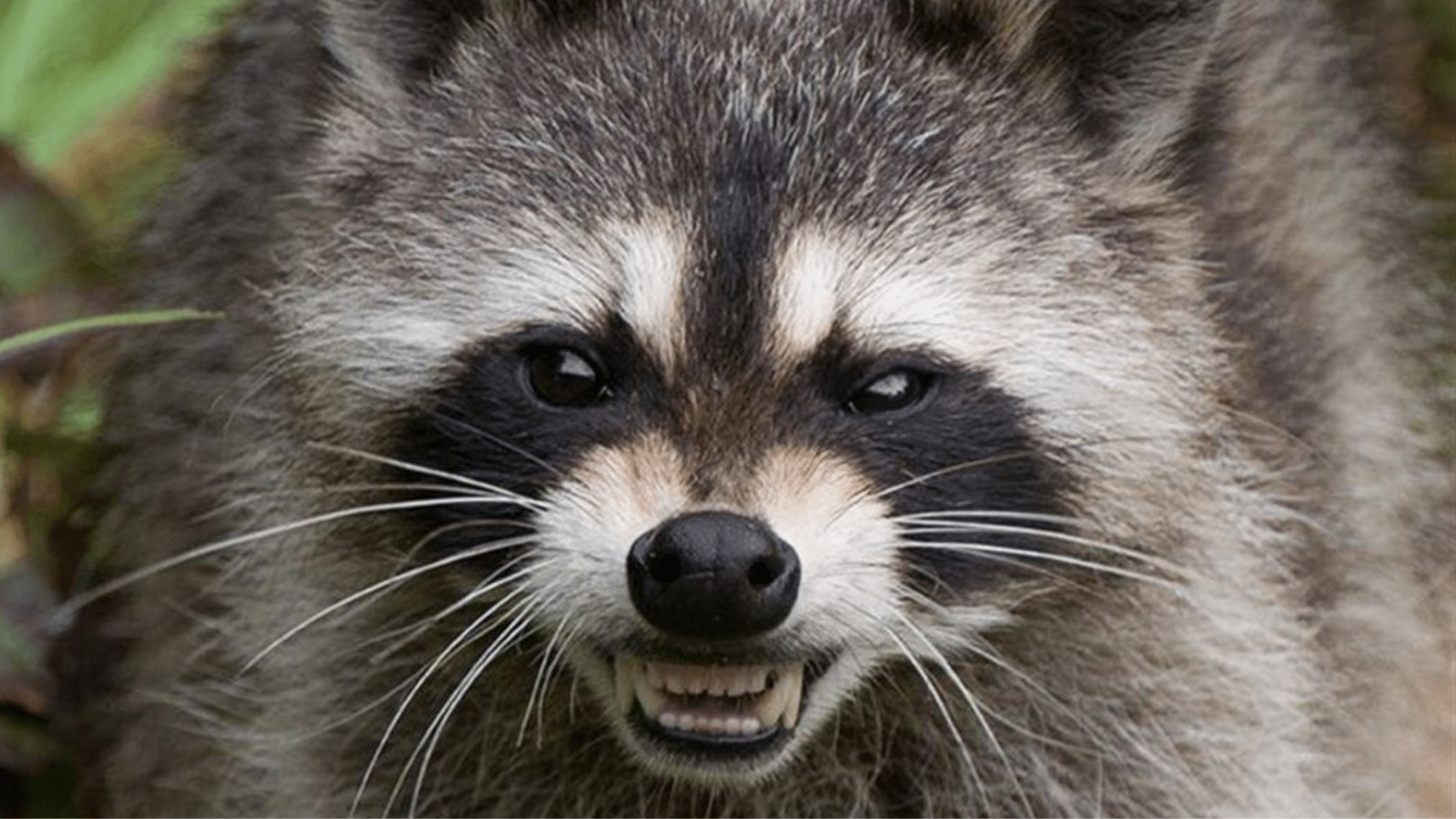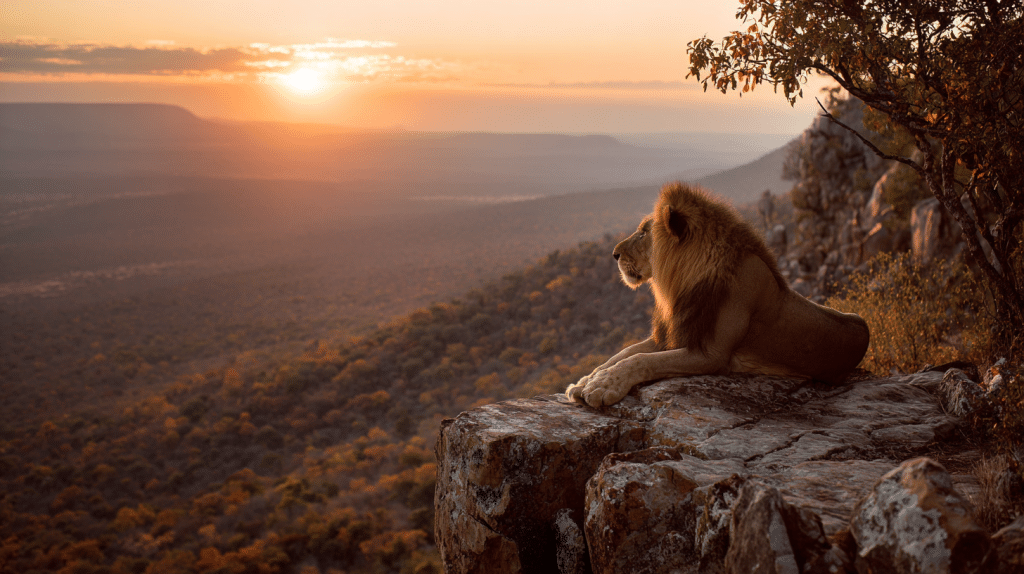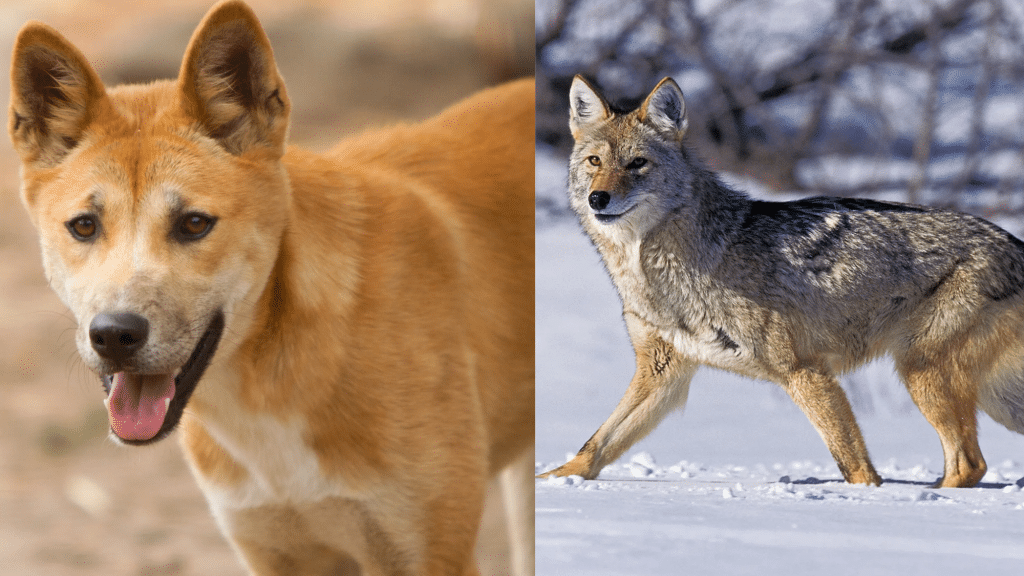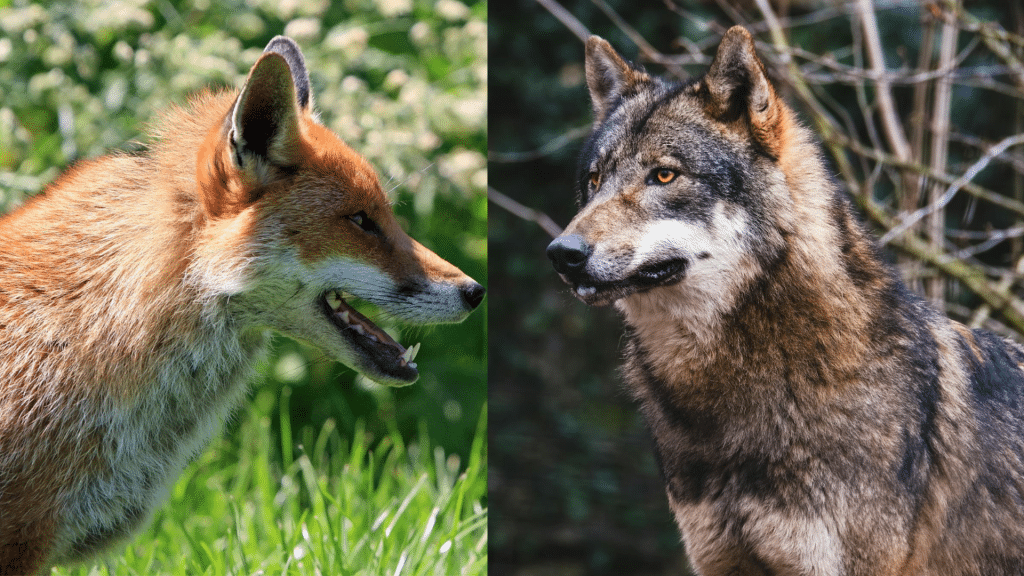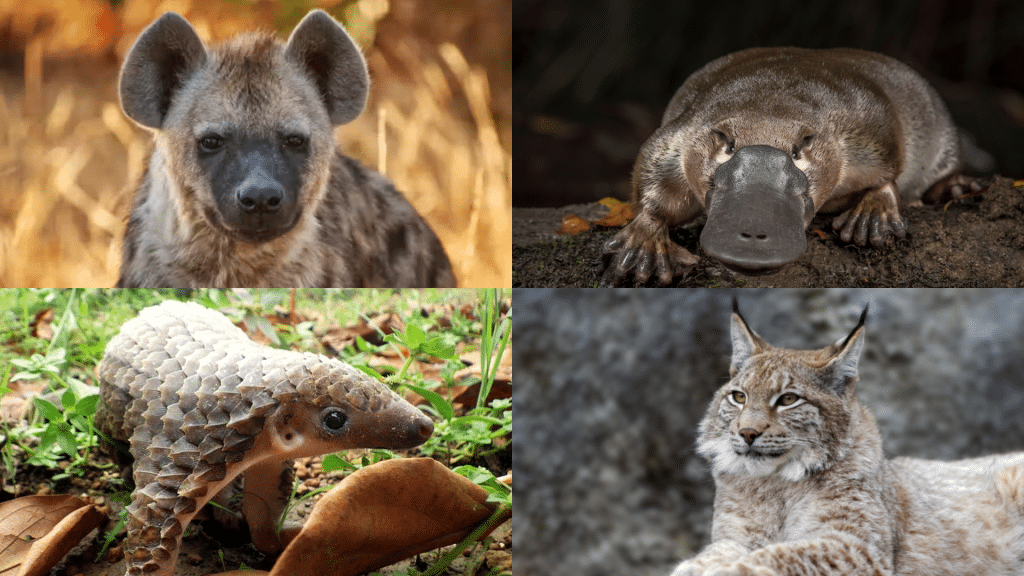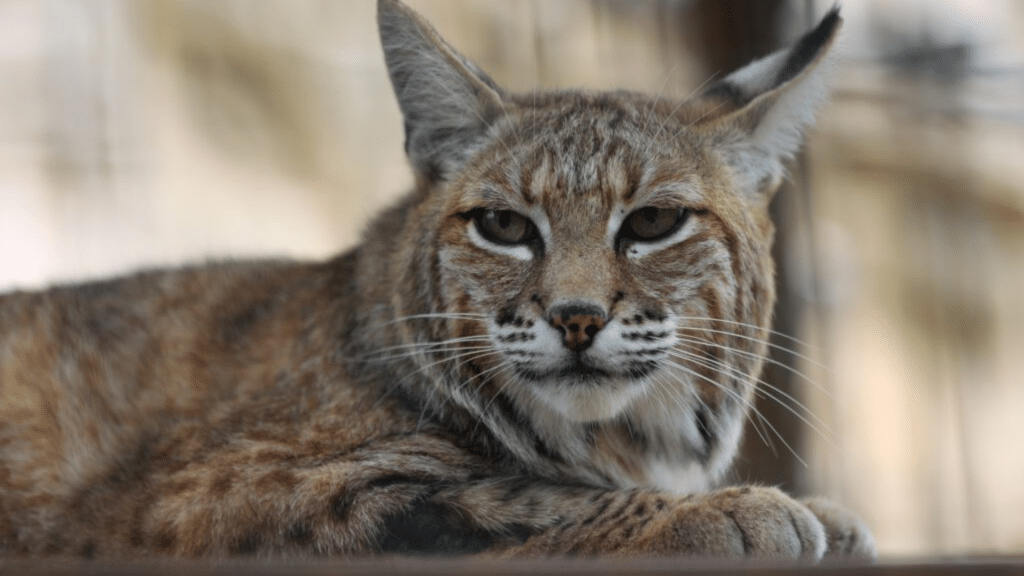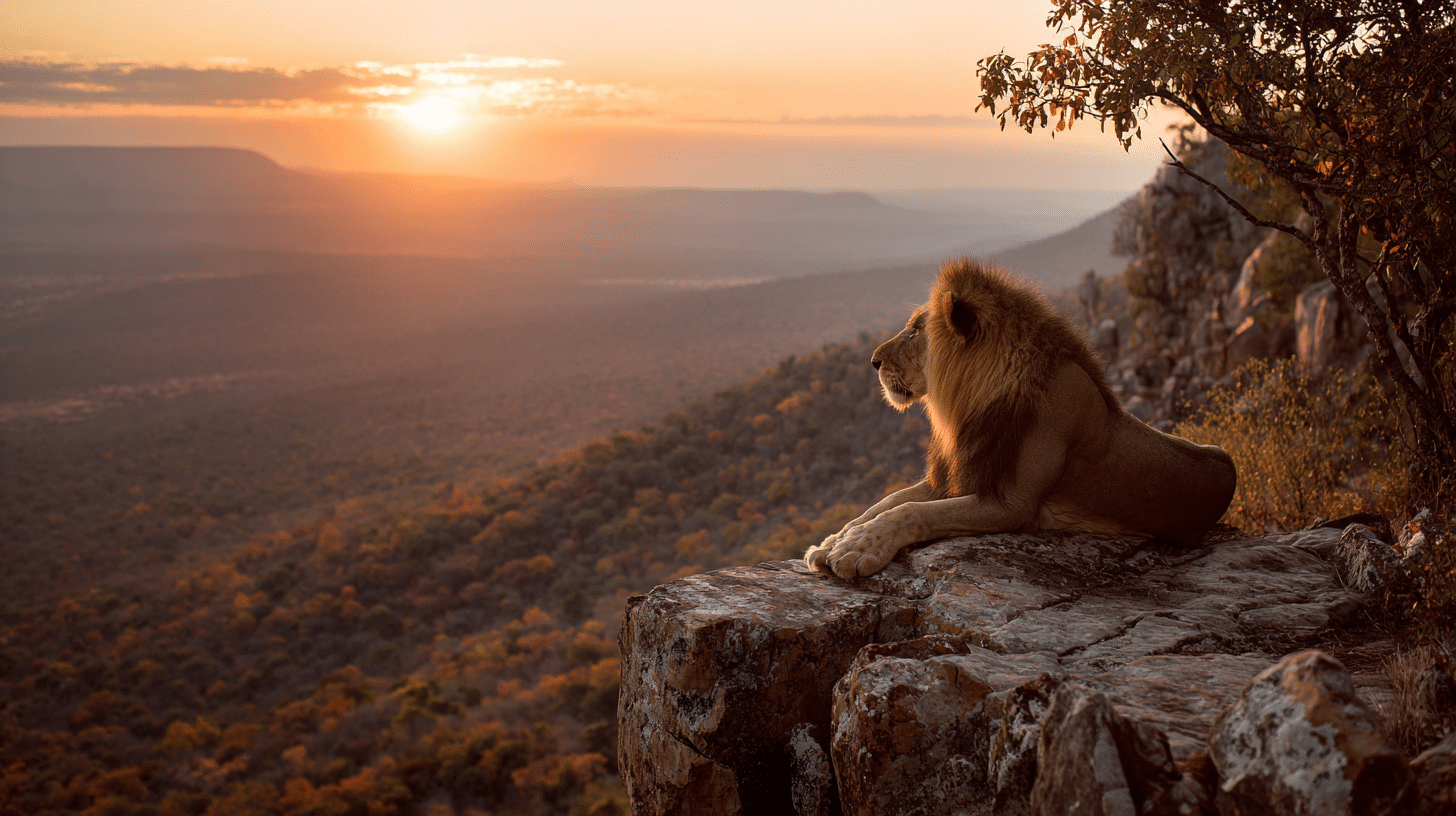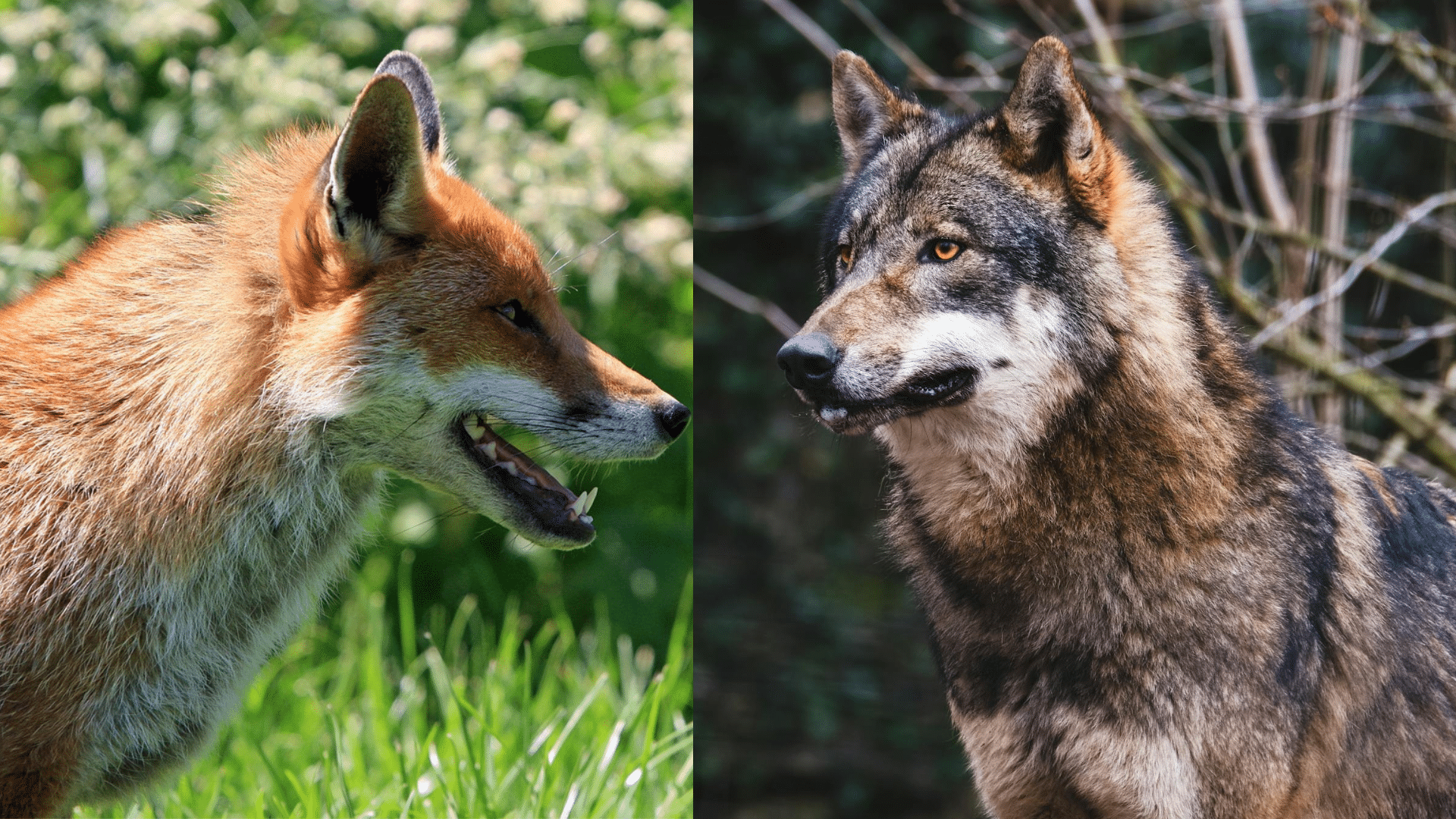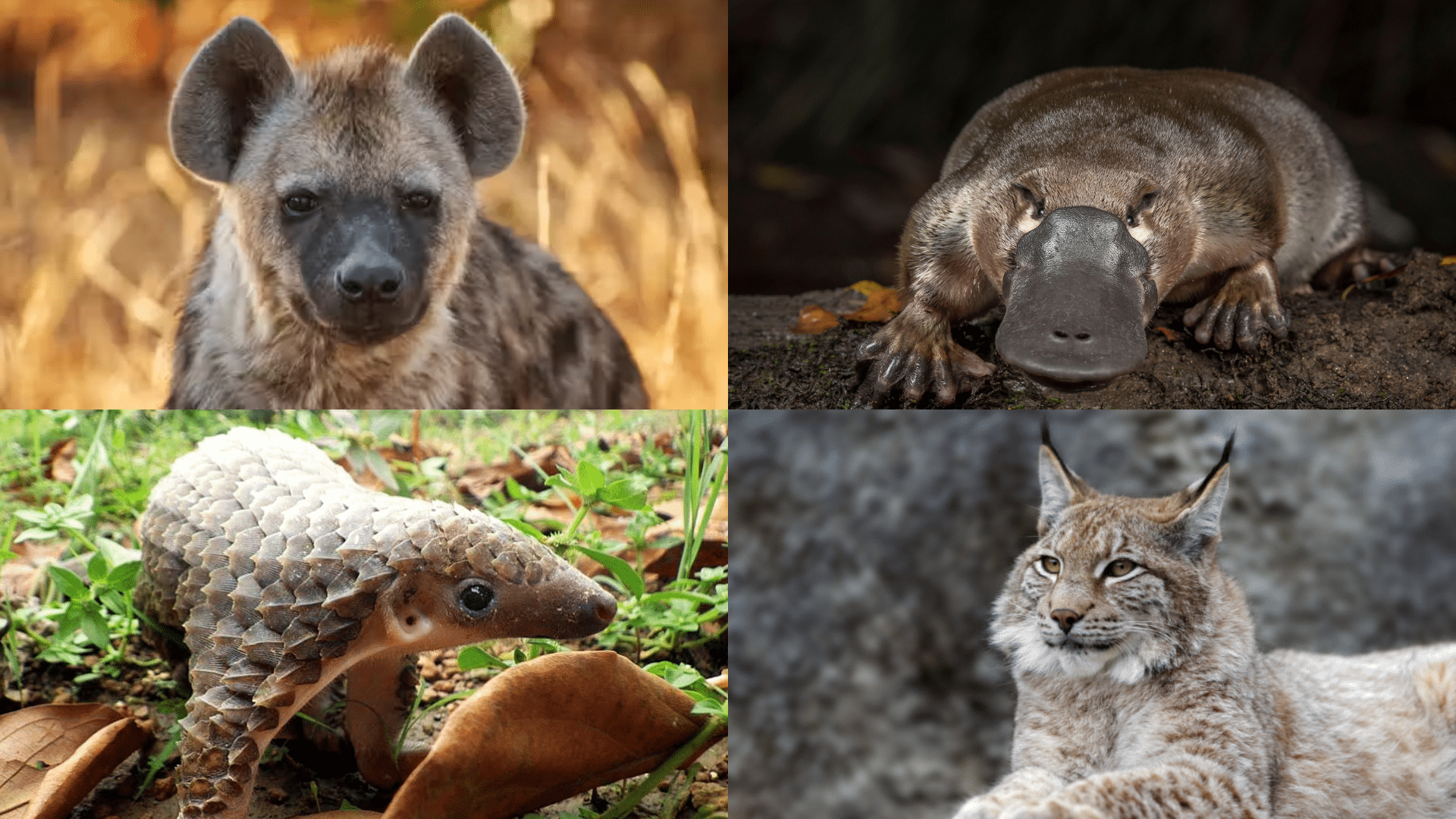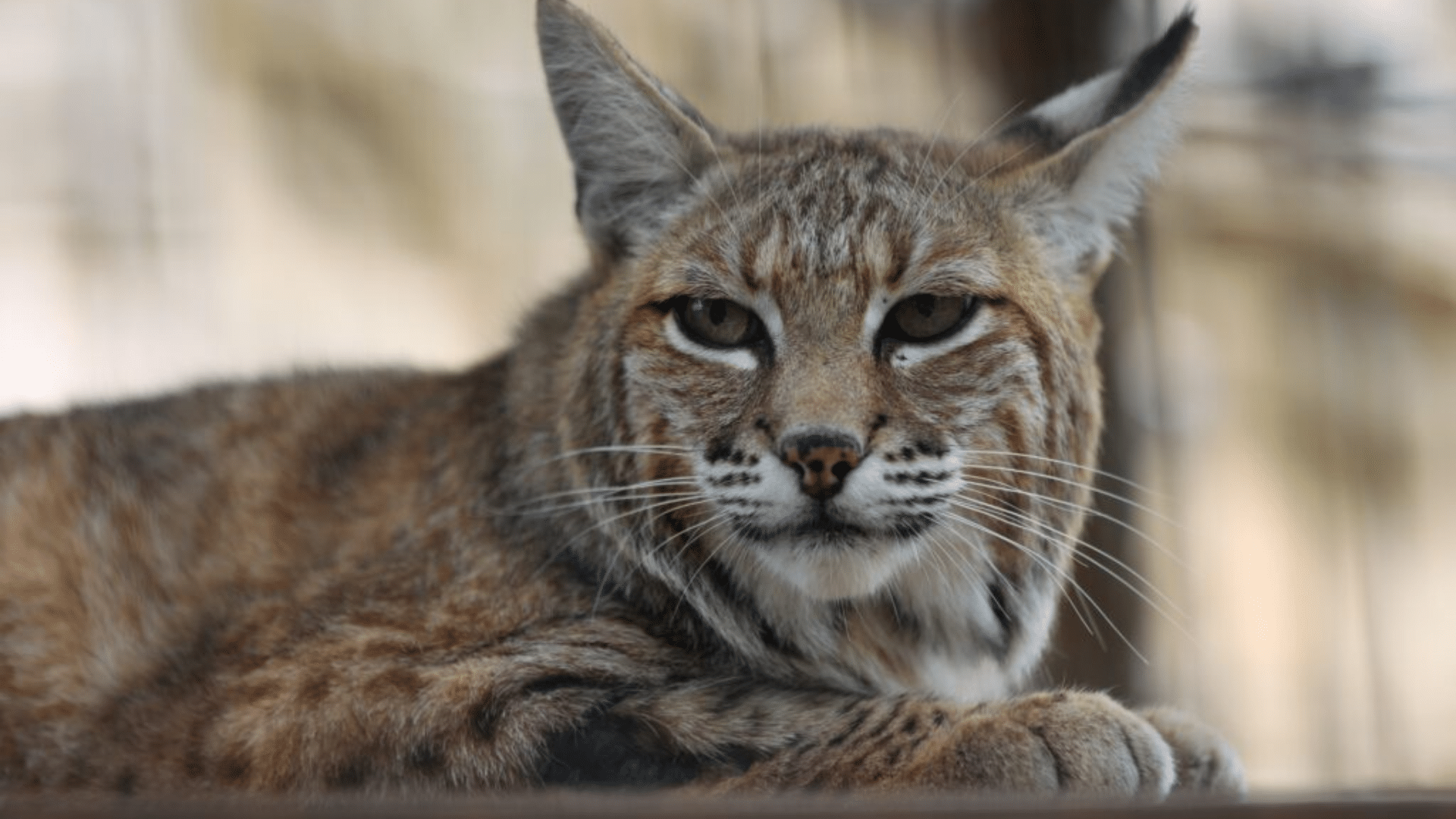The trash can tips over with a loud crash at 2 AM. Those little masked troublemakers are back again, and honestly? They’re hilarious.
Raccoons are like the neighborhood comedians, they show up uninvited, make a mess, and somehow still manage to look adorable doing it.
Sure, people love sharing scary raccoon stories, but most of it’s just drama.
These clever little guys aren’t plotting against you. They’re just hungry, and your garbage smells amazing.
Let’s chat about what raccoons are really like and separate the fun facts from the fiction.
Why Are Raccoons Attracted to Your Property
If you have been noticing more raccoon activity around your home, it’s likely because your property offers something they need.
Here are a few reasons why raccoons are drawn to your place:
- Leftover Food or Trash: Raccoons are notorious for messing up trash cans. Leftover food or improperly stored waste is a buffet for them.
- Access to Shelter: They love finding comfortable spots to hide, such as attics, basements, or sheds. Your property offers them safe places to nest.
- Fruit Trees or Gardens: If you have fruit-bearing trees or a garden, raccoons may visit to feast on the fruits or vegetables, especially at night.
- Water Sources: Raccoons are attracted to any available water, like ponds, birdbaths, or pet bowls left outside. It’s an easy source for hydration.
- Easy Entry Points: Open vents, broken windows, or unsecured doors offer raccoons quick access to your home. Once inside, they can cause damage.
- Quiet, Secluded Areas: If your property has secluded corners, overgrown areas, or dense bushes, it might be the perfect hiding spot for a raccoon seeking peace.
By understanding what raccoons are looking for, it’s easier to figure out why they keep coming back and how to keep them away.
Are Raccoons a Threat at Night time
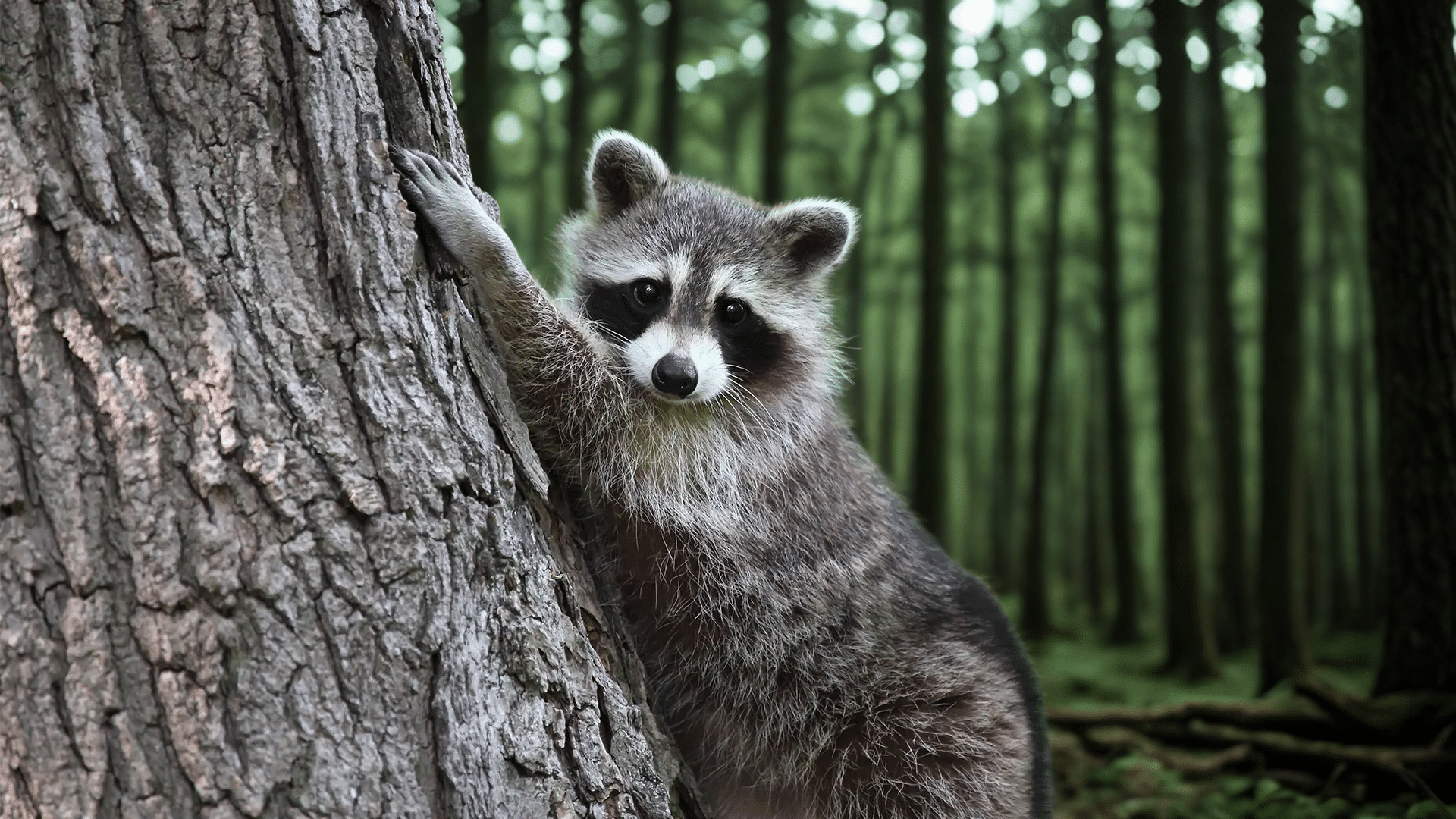
As we have understood by now from their nighttime habits, raccoons become much more active when darkness falls.
But does this higher activity level mean they pose a real danger to people? This question sits at the heart of many homeowners’ concerns.
Although raccoons are generally shy and prefer to avoid humans, they are known to carry diseases, which can make them more unpredictable if they feel cornered.
In rare cases, if a raccoon is sick or scared, it may act aggressively. It’s important to keep a safe distance and avoid trying to touch or approach them.
To stay safe, make sure your property is secure, and if you encounter a raccoon at night, give it plenty of space to move away calmly.
What to Do if You Encounter a Raccoon at Night
If you come across a raccoon at night, don’t panic! Raccoons are usually not aggressive unless they feel threatened, so it’s important to stay calm and avoid approaching them.
The first thing you should do is keep your distance. Raccoons may look cute, but they can bite if they feel cornered.
If the raccoon seems to be moving away from you, give it space and let it go on its way.
And if the raccoon is acting unusually aggressive or seems sick, it’s best to call animal control. Raccoons can carry diseases like rabies, so it’s safer not to handle them.
Make sure to keep your pets inside or away from the raccoon. If you are outdoors and the raccoon isn’t leaving, slowly back away and leave the area.
This will give both you and the raccoon space to stay safe.
Raccoons and Disease: Should You Be Concerned
As we have seen with how raccoons behave at night, their activity increases after dark, and with this comes the risk of coming into close proximity.
These diseases can pose a risk to both humans and pets if the animals are not treated with caution. Here’s a quick look at some of the most common diseases raccoons may carry:
| Disease | What It Is | How It Spreads | Symptoms in Humans |
|---|---|---|---|
| Rabies | A viral disease that affects the brain and nervous system. | Bites or saliva. | Fever, headache, confusion, paralysis, and aggression. |
| Leptospirosis | A bacterial infection affecting the kidneys, liver, and other organs. | Contact with urine or contaminated water. | Fever, chills, muscle aches, vomiting, and liver damage. |
| Roundworm | A parasitic infection that affects the intestines. | Contact with contaminated raccoon feces. | Abdominal pain, fever, weight loss, and tiredness. |
| Tuberculosis (TB) | A bacterial infection affecting the lungs and other organs. | Spread through respiratory droplets or contact with infected saliva. | Coughing, weight loss, night sweats, and fever. |
Tips to Keep You and Your Pets Safe
If you are planning to be outside at night, whether for a walk, a late-night jog, or even just enjoying your backyard, it’s important to keep raccoon safety in mind.
Since raccoons are more active after dark, knowing how to stay safe can help avoid unwanted encounters.
Here are some tips:
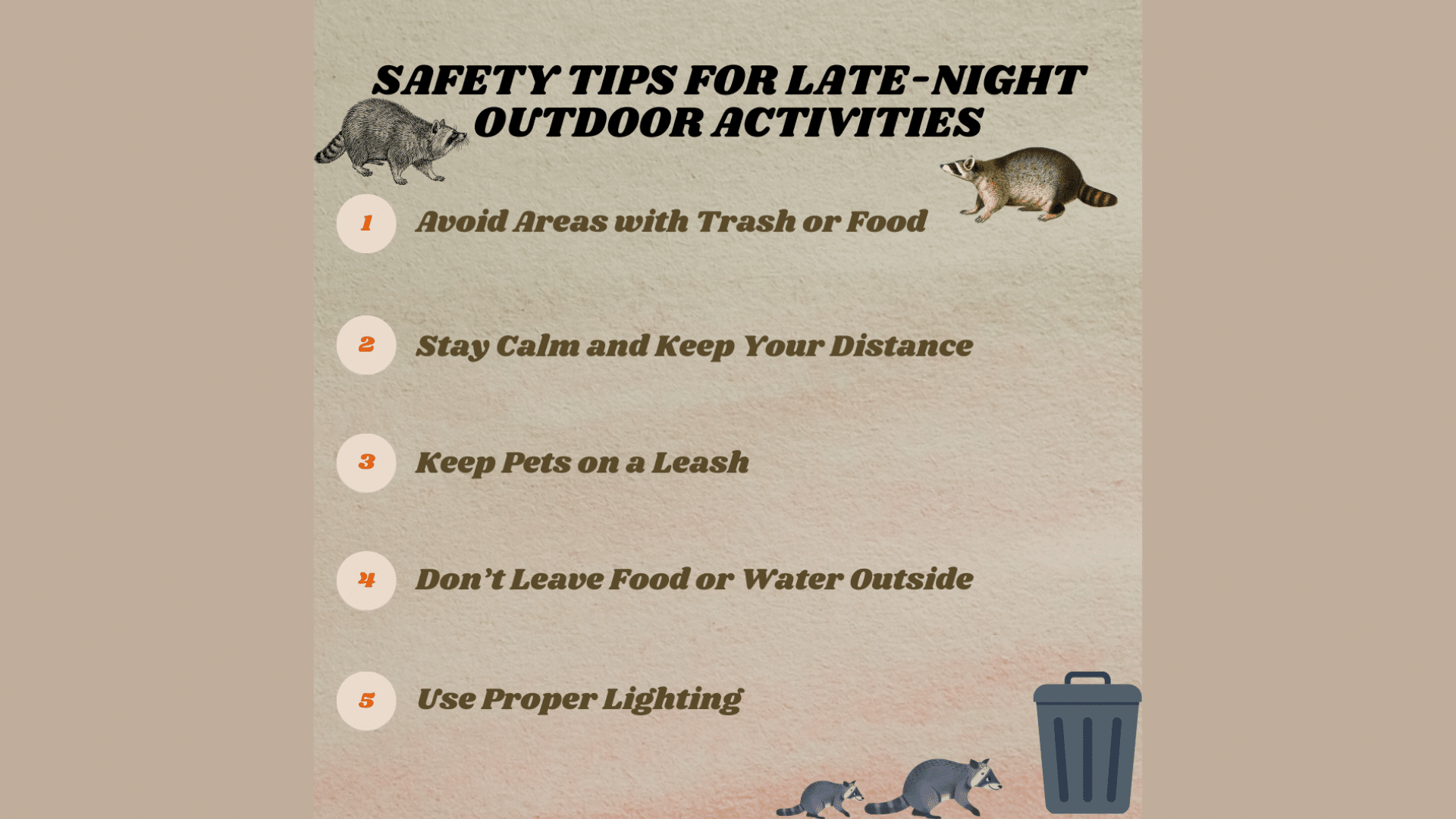
When to Call Animal Control
While most raccoons will avoid humans, there are situations where it’s best to call animal control. If a raccoon is acting unusually aggressive or seems sick, it may be carrying diseases like rabies.
You should also contact animal control if a raccoon is stuck or trapped, such as if it’s in a closed space like your attic or chimney.
Another reason to call is if you spot a raccoon that appears to be injured or unable to move properly. In these cases, trying to handle the animal on your own could be dangerous.
In any situation where the raccoon’s behavior seems off or if it’s in a location where it could pose a risk, don’t hesitate to call professionals to safely remove the animal.
Bottom Line
So, let’s break the myths about raccoons once and for all. These nighttime guests aren’t the scary monsters some stories make them out to be.
They visit your land looking for basics – food, water, and shelter – not to cause fear. Yes, they wake up when the sun goes down.
Yes, they might check your trash or pet food. But no, they don’t hunt people or want to hurt you.
Start with one change this week, then add more. Soon, those night visits will drop, and both you and the raccoons will be better off.

